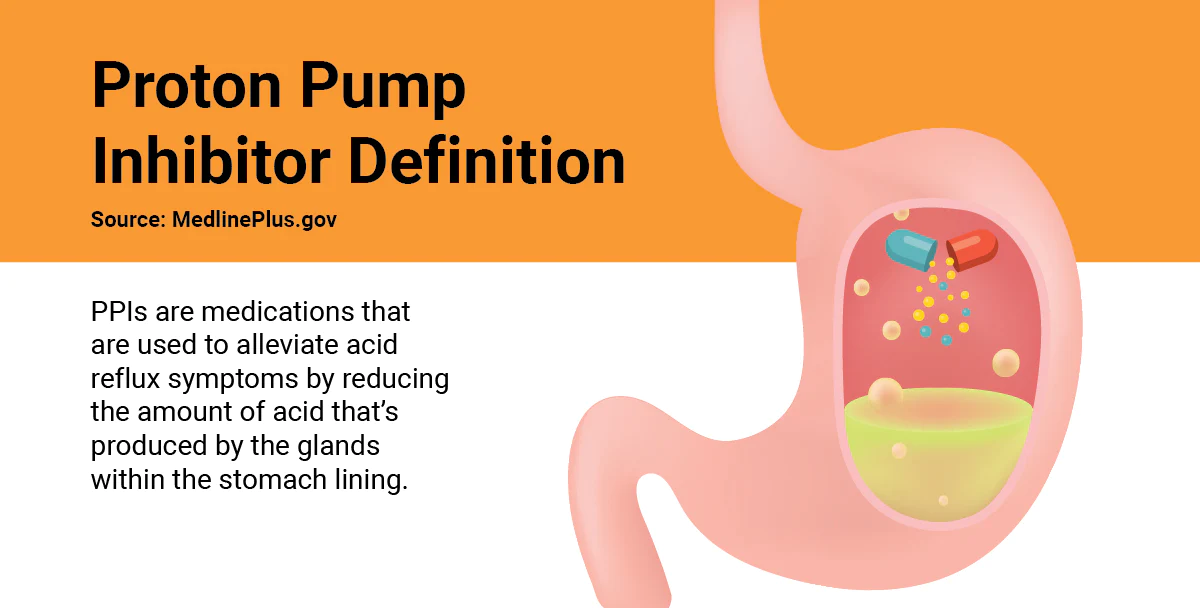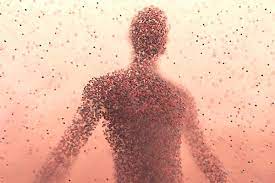

You may be here because you’ve recently learnt that your doctor should never have continued re-filling your ____prazole prescription over the past decade. So most of this information may not be totally new. But here are the basics:
Q. First, what are ____prazole’s?
A. a class of medication known as proton pump inhibitors (PPIs) which work by inhibiting the action of the proton pump in the parietal cells of the stomach. These cells are responsible for producing hydrochloric acid (HCl) in the stomach, which aids in the digestion of food. By inhibiting the proton pump, PPIs reduce the production of acid, thereby decreasing stomach acid levels.
Q. Why is this an issue?
A. There’s a reason we need a certain level of stomach acid production.
- to ensure proper absorption of nutrients. The major nutrients impacted by lack of stomach acid are minerals. You know when you’re told to take your iron supplement with orange juice? Yep…that same reason! And that is every single mineral from the macrominerals like calcium and magnesium, to the microminerals like iron, zinc, copper and selenium. This may impact your bone density (lead to osteoporosis) or hair & nail quality (thinning hair, brittle nails), hormonal balance (fatigue/lack of stamina) or immune function (frequent colds/flus or auto-immune dysregulation). Or all of the above depending on individual predispositions and other contributing factors.
- protection against pathogens entering our gut. Even though the GI tract is within the body, the actual interior of the tract is technically outside of the body. And one line of defense against what may harm us is stomach acid. Same way your tears and the associated blinking reflex protect your eyes, and the skin’s secretions protect against bacteria and it’s melanin production protects against ultraviolet light, in the same way hydrochloric acid produced by the parietal cells of the stomach using the proton pump protects us from invaders that enter the GI tract.
- As the stomach content (chyme) passes into the small intestine, the presence of hydrochloric acid in the chyme stimulates the production of cholecystokinin (CCK) in the small intestines which in turn causes the gallbladder to contract and release stored bile into the duodenum. Bile is essential for the digestion and absorption of fats, as it helps emulsify large fat molecules, making them easier to digest by lipases (fat-digesting enzymes). So now not only are you not absorbing your minerals, you’re also missing out on absorption of your essential fatty acids (dry skin, eczema, etc) and fat soluble vitamins (vitamin A, D, E, K).
Q. So what if I have to suffer a bit with low energy and brittle nails and dry skin in order to be comfortable after meals?
A. Firstly, that meal isn’t doing you any good if you’re not absorbing it. But beyond that, the long term effects of PPIs are not yet fully understood. Animal studies show very serious consequences including gastric carcinoid tumors, formation of fundic gland polyps and atrophic gastritis (1). All of which makes the situation more and more complicated and difficult to treat.
Q. What to do?
A. Get off the PPIs as soon as possible. BUT 3 things FIRST:
- Consult your prescribing physician and be prepared to educate them! It’s been my experience that most family doctors are not aware of the serious consequences of their prescriptions. S you may need to be confidently armed with the science -if you need help with this, let’s chat!
- Never stop PPIs cold turkey – you’ll have serious and severe reflux and heart burn if you do!
-
Start a treatment plan with a naturopathic doctor to get to the root cause of your digestive upset, reflux disease, heartburn, nausea or whatever concern got you on the PPI in the first place. And as you begin your healing treatment that addresses the root cause, you’ll be able to more comfortably wean off your PPI!
If you need help, please call/book and let’s get you on track to better health.
Yours in health,
Dr. Negin
- https://www.ncbi.nlm.nih.gov/pmc/articles/PMC2386521/

